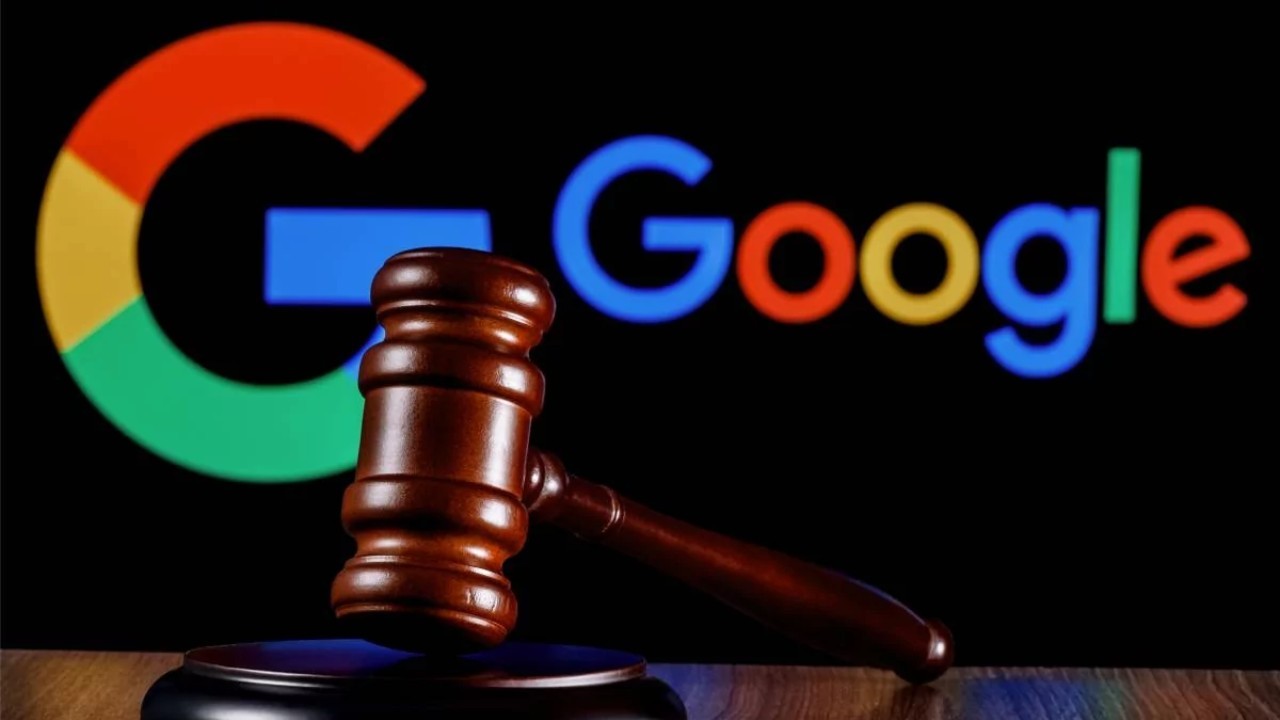
In a bold move that could reshape the tech landscape, the US Department of Justice (DOJ) has proposed that Google should sell off its Chrome browser and potentially divest or accept government oversight of Android. This follows a federal court ruling that found Google maintaining an illegal monopoly over internet search services.
Chrome, the world's most popular web browser with nearly two-thirds market share, serves as a critical pillar in Google's advertising empire. The browser functions as a powerful data collection tool that drives Google's targeted advertising business – the company's primary revenue source.
The DOJ's proposal aims to boost competition by dismantling what it sees as Google's monopolistic control. The department outlined four key objectives: removing exclusionary conduct, opening markets to competition, denying Google the benefits of violations, and preventing future monopolization.
Google has responded strongly against these proposals. Kent Walker, Google's chief legal officer, labeled them as "staggering" and "extreme," arguing they represent unprecedented government intervention. The company plans to file counter-proposals and appeal the original court ruling.
The potential sale of Chrome would particularly impact Google's presence in education. Through Chromebooks, Google has established a strong foothold in schools, potentially influencing future consumer preferences. This mirrors Apple's strategy of building brand loyalty through educational products.
Beyond Chrome, the DOJ's radical proposal presents two options for Android: selling it off or submitting to government oversight. As the dominant mobile operating system globally, Android provides Google with valuable user data that powers its advertising business.
The company might also lose its lucrative deal with Apple, estimated at over $20 billion, which keeps Google as the default search engine on Safari browsers. This arrangement, along with similar agreements with other browsers, appears increasingly vulnerable regardless of the Chrome divestiture outcome.
Google maintains these changes would harm US technology leadership, while the DOJ contends that Google's current market dominance actually impedes innovation and competition. The final outcome could fundamentally alter how millions of users interact with the internet.